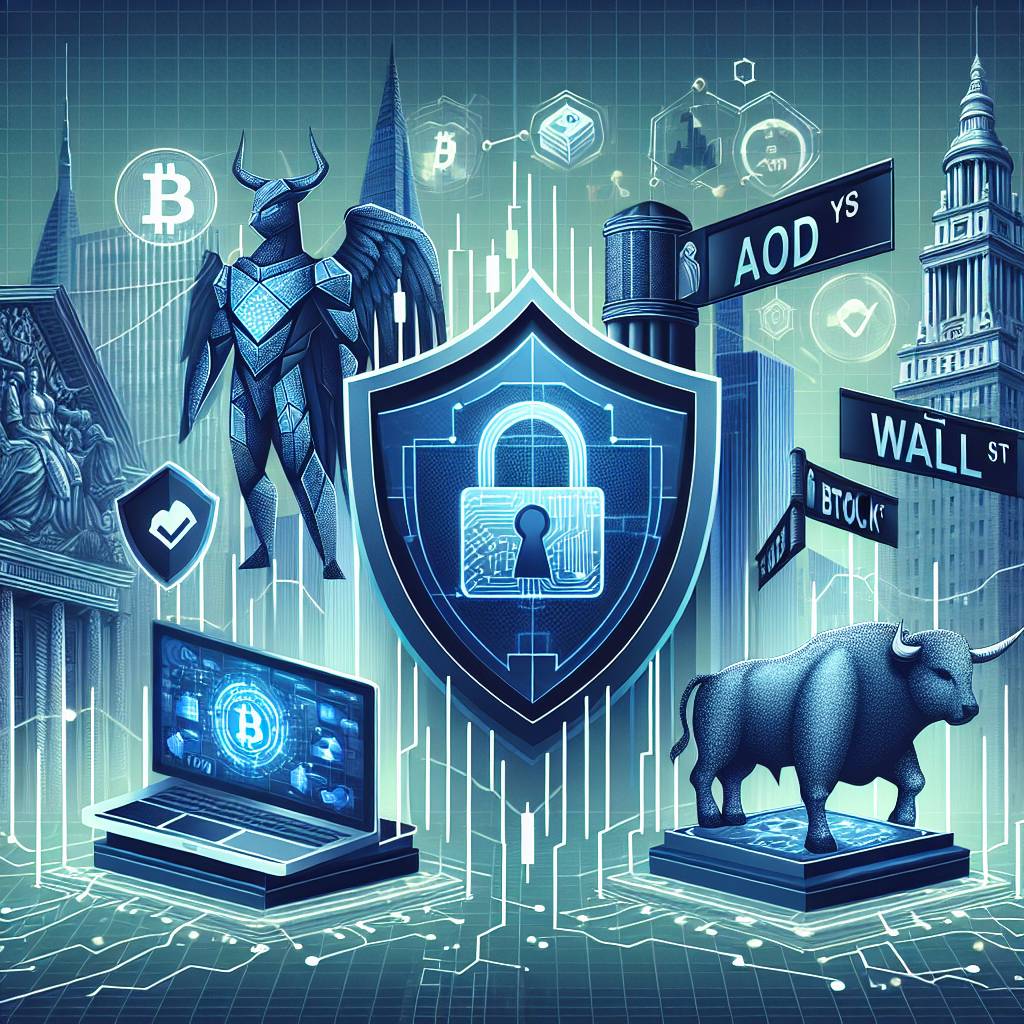How can cryptocurrency users protect themselves from potential attacks?
What are some effective measures that cryptocurrency users can take to safeguard themselves against potential attacks?

3 answers
- As a cryptocurrency user, it is crucial to prioritize security to protect yourself from potential attacks. Here are some effective measures you can take: 1. Use a hardware wallet: Hardware wallets provide an extra layer of security by storing your private keys offline. This makes it much harder for hackers to gain access to your funds. 2. Enable two-factor authentication (2FA): By enabling 2FA, you add an extra layer of protection to your accounts. This typically involves entering a code from an authentication app or receiving a text message to verify your identity. 3. Keep your software up to date: Regularly update your cryptocurrency wallet software and any other related software. Updates often include security patches that address vulnerabilities. 4. Be cautious of phishing attempts: Be wary of suspicious emails, websites, or messages that ask for your private keys or personal information. Always double-check the legitimacy of the source before providing any sensitive information. 5. Use strong, unique passwords: Create strong passwords that are difficult to guess and avoid using the same password across multiple platforms. Consider using a password manager to securely store and generate passwords. Remember, protecting your cryptocurrency assets is your responsibility. By following these measures, you can significantly reduce the risk of potential attacks.
 Dec 25, 2021 · 3 years ago
Dec 25, 2021 · 3 years ago - Hey there, fellow crypto enthusiasts! Let's talk about protecting ourselves from potential attacks in the crypto world. Here are a few tips: 1. Keep your private keys offline: Storing your private keys on a hardware wallet or even on a piece of paper (yes, old-school style) can protect them from online threats. 2. Be skeptical of suspicious links: Don't click on any random links that promise you free crypto or amazing investment opportunities. These are often phishing attempts to steal your information. 3. Diversify your investments: Don't put all your eggs in one basket. Spread your investments across different cryptocurrencies and exchanges to minimize the impact of potential attacks. 4. Stay updated with the latest news: Keep yourself informed about the latest security threats and vulnerabilities in the crypto space. This way, you can take proactive measures to protect yourself. 5. Trust your gut: If something feels off or too good to be true, it probably is. Trust your instincts and be cautious when dealing with unfamiliar platforms or individuals. Remember, the crypto world can be exciting, but it's also important to stay vigilant and protect your hard-earned assets!
 Dec 25, 2021 · 3 years ago
Dec 25, 2021 · 3 years ago - At BYDFi, we understand the importance of protecting your cryptocurrency assets. Here are some tips to help you stay safe: 1. Use a reputable exchange: Choose a well-established and trusted exchange to trade your cryptocurrencies. Look for platforms with robust security measures and a track record of protecting user funds. 2. Set up withdrawal limits: Enable withdrawal limits on your exchange account to prevent large amounts of funds from being withdrawn without your authorization. 3. Be cautious of public Wi-Fi: Avoid accessing your cryptocurrency accounts or making transactions using public Wi-Fi networks. These networks are often unsecured and can be easily compromised. 4. Regularly monitor your accounts: Keep a close eye on your cryptocurrency accounts and transactions. Report any suspicious activity to your exchange immediately. 5. Educate yourself: Stay informed about the latest security practices and potential threats in the cryptocurrency space. This knowledge will empower you to make better decisions and protect your investments. Remember, your security is our top priority at BYDFi. Take these measures seriously to safeguard your cryptocurrency assets.
 Dec 25, 2021 · 3 years ago
Dec 25, 2021 · 3 years ago
Related Tags
Hot Questions
- 78
How does cryptocurrency affect my tax return?
- 70
How can I buy Bitcoin with a credit card?
- 65
What are the best practices for reporting cryptocurrency on my taxes?
- 62
How can I minimize my tax liability when dealing with cryptocurrencies?
- 61
What are the tax implications of using cryptocurrency?
- 48
Are there any special tax rules for crypto investors?
- 47
How can I protect my digital assets from hackers?
- 28
What are the best digital currencies to invest in right now?
